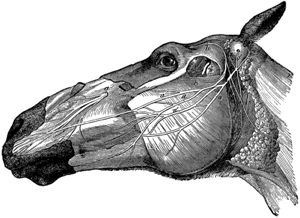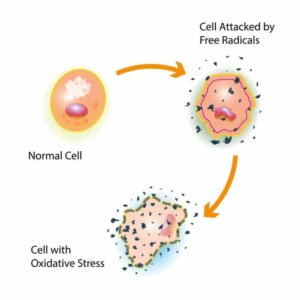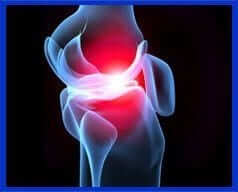Headshaking in the Horse; Cause and Management
Headshaking in the horse is a common problem and often affecting up to 30% of patients to variable levels, creating high frustration for the horse owner. The exact cause of this condition can be variable from patient to patient and thus treatment and results can be variable. Headshaking can vary in regards to presentation from simple flaring of the nostrils, flipping of the nose, rubbing the nose, snorting often, sneezing and even variable degrees of overt head shaking. Given the wide range of presentation,potential causes, lack of consistent treatment response and frustration factor for the horse owner, headshaking deserves some investigation for better management options. As is my character, let’s dig into what we know regarding headshaking and see if we can not only make sense of it, but also discover potentials for therapy.
Headshaking in the Horse; Cause and Management Read More »




